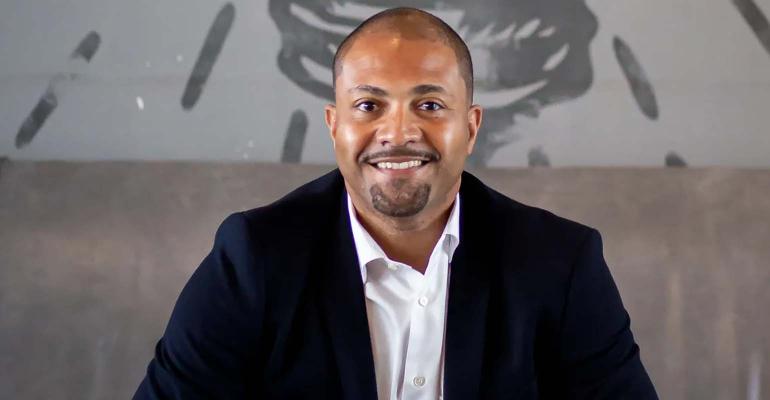Mac Gardner, founder and chief education officer at FinLit Tech, has launched MNY Fraternity, a new co-ed professional organization for the financial planning profession. While the insurance and accounting professions have long had such fraternities, this would be the first aimed at the personal financial planning industry.
Gardner spoke about the fraternity, called Mu Nu Upsilon, at the recent Wealth Management EDGE conference’s think tank on diversity, equity, inclusion and belonging, as one initiative that was working to bring more diverse talent into the industry.
“Diverse communities are used to joining fraternities, so it’s a more natural community that they become parts of than maybe everyone else is used to,” said Kate Healy, managing director for the CFP Board's Center for Financial Planning. “Oftentimes, I have conversations with Black women, and they have these very strong, fraternal connections of the fraternities and sororities that they were a part of, that do service projects, and they’re very, very connected. So I think it’s a world that we haven’t tapped into in the financial planning world.”
Gardner has been working on the fraternity since 2021, and the first active student chapter was established last year at the University of South Florida, where he sits on the board of the financial planning degree program. About seven students participate in that chapter.
The group is also working to build chapters at Texas Tech University, the University of Georgia, Kansas State University, Arizona State University, and the University of North Florida.
The fraternity is based on three tenets: education, networking and fundraising. One piece of feedback Gardner received from firms in the industry was students and young advisors weren’t comfortable networking and asking for the business.
“This is a very social and relationship-driven industry,” Gardner said.
Students in the fraternity will be required to organize five events to educate students, teachers and people in the campus community on banking, insurance, investing, estate planning and tax management.
“Financial advisors are great resources for education—we play in that space on a regular basis,” Gardner said. “So we should be some of the best educators in the community when it comes to teaching people how to manage and deal with their money.”
That will require students to network with firms in the industry who can sponsor the events and provide speakers. And many of those firms are looking to bring on new talent, he said.
This also gives students the fundraising experience firms were complaining about.
“[MNY Fraternity members are] not going to be afraid to ask for the business because they’ve been asking for the business to put these events together every year,” Gardner said. “Organizations—they want to help the community in a lot of different ways. It’s just finding those right platforms and those right channels to be able to do it.”
MNY is also launching a scholarship fund, with the goal of raising $100,000 to provide 20 students with $5,000 scholarships toward their financial planning degrees. Gardner’s in talks with Raymond James, Thrivent, Schwab, Nationwide and Allianz on raising funds.
He hopes the scholarships will bring more diversity, equity and inclusion to the financial planning profession.
Healy said the scholarship program could be a great way for local advisory firms to get involved.
“There are advisors that could and should be doing their own scholarships,” Healy said. “If it’s a local fraternity at a school that they went to or have a connection to, I feel like they’re much more likely to say, ‘You know what? I can sign up for $5,000, $10,000, $20,000 a year to help people go to this school.’”
“It gives people who aren’t part of the FPA or NAPFA an opportunity to get closer to some of these schools, either on their own or with their firms,” she added.

